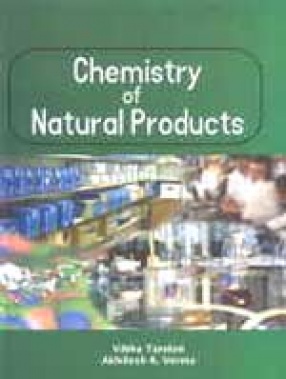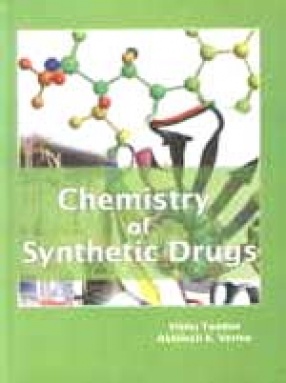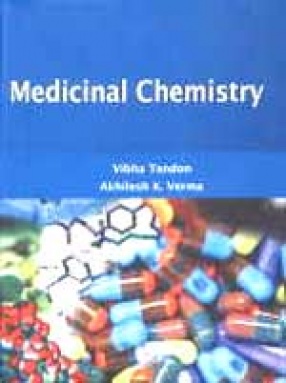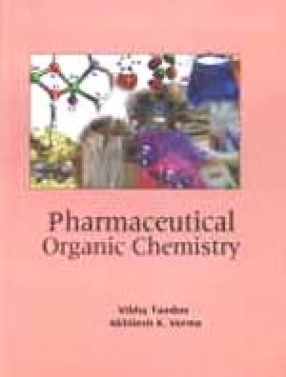
Showing all 7 books








This book in the series on pharmacology undertakes an exploration of the chemical constitution and processes of natural products, with added focus on their pharmaceuticals applications. The book takes look at the general introduction, nomenclature, occurrence, isolation, detection, structure elucidation by various techniques, biotechniques and bioactivities, all done with an attempts to understand the therapeutic and medicinal properties of these products. In ...

This book in the series on pharmacology has been designed as an introductory manual which looks into the chemistry of artificial or lab-designed drugs. Right from a general introduction the book proceeds onto the techniques, principles and practices which enable one composition, bioactivity pharmaco-dynamics and pharmacokinetics. In addition, it also takes a look at the current discoveries and advances in the field, enabling a relevant understanding of the ...

This book has been designed to serve the needs of pharmacology students as an introductory manual on the field of medicinal or pharmaceutical chemistry. Written to meet the challenges of the ever changing curricula of medicinal chemistry course, it focuses on providing readers with a grasp over the fundamentals of medicinal chemistry, with a focus on the drug development process from the perspective of the pharmacist as a therapeutic clinical consultant, rather ...

This book is the series of pharmacology concentrates its focus on pharmaceutical organic chemistry, which primarily deals in developing carbon compounds for drug development and use. It studies the general concepts of organic chemistry which apply to small, simple carbon compounds to more complex molecules such as carbohydrates, fats and proteins, addressing the issues of their requirements in drug research and development. The book takes into consideration the ...

Organic Compounds make up most of the matter found in living organism. An organic compound is any of a large class of chemical compounds whose molecules contain carbon, hydrogen, oxygen, nitrogen with exception of carbides, carbonates, and carbon oxides. Organic compounds are studied in organic chemistry; many of them such as proteins, fats, and carbohydrates (Sugars), are also of prime importance in biochemistry. The objective of this book is to present a ...

Organic Chemistry is most commonly and simply defined as the chemistry of carbon compounds-the essential elements of life. Industrial applications of organic chemistry have led to the manufacture of drugs, synthetic fibers, plastics, dyes, pesticides and a host of other useful materials. Clearly, organic chemistry has touched all our lives. The present book constructs organic chemistry from the grouch up. It aims to provide students with an introduction to the ...

